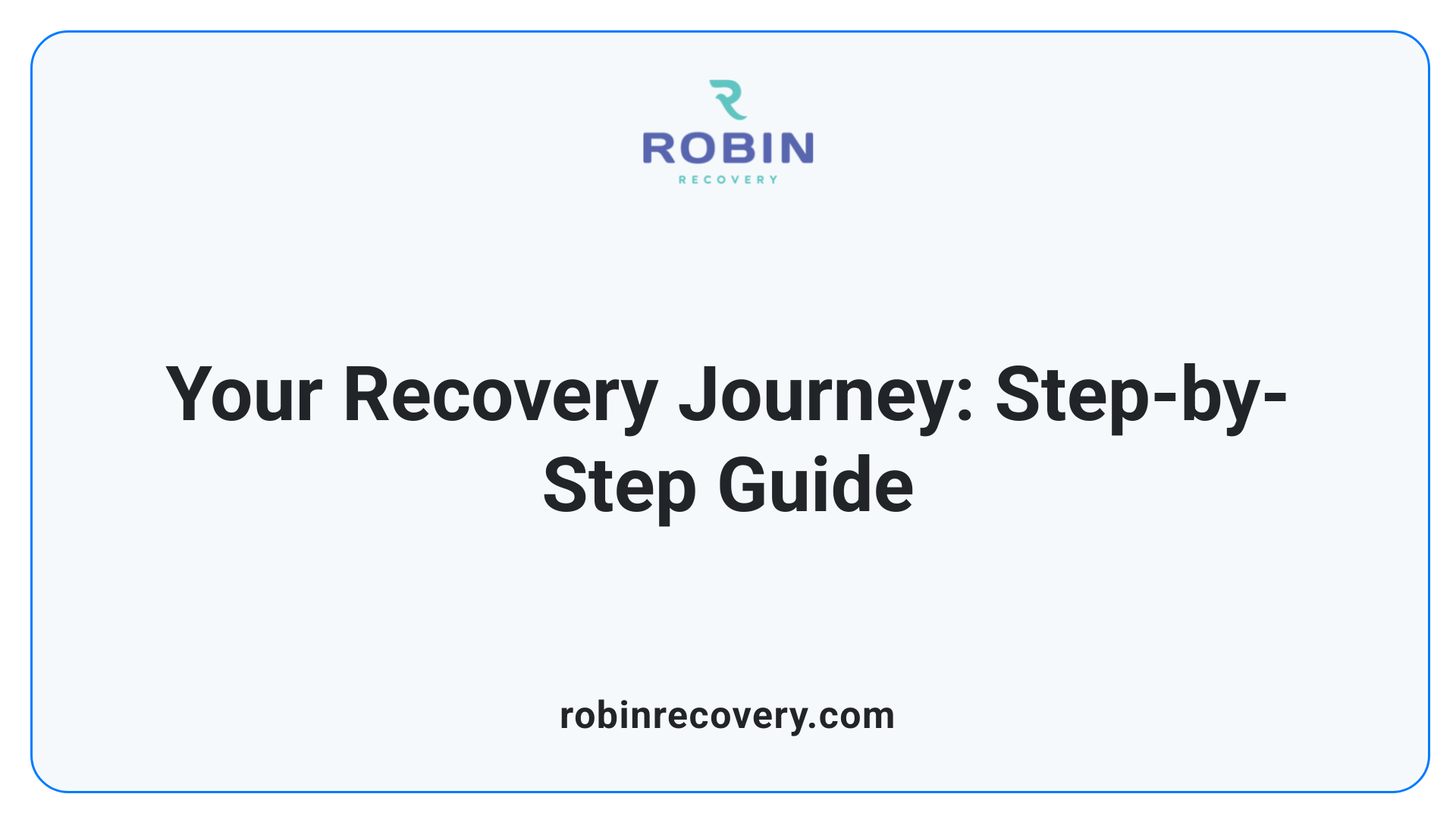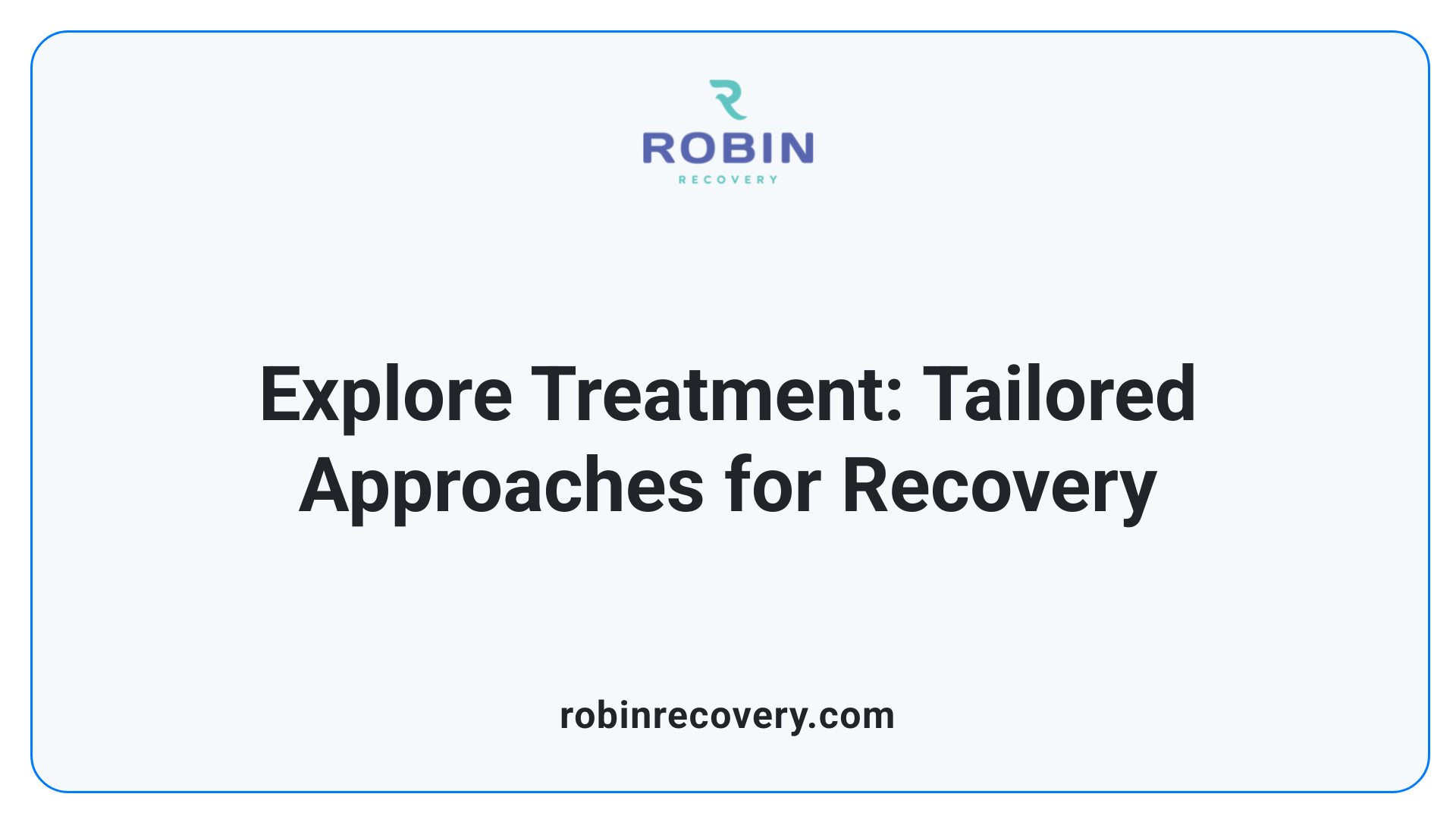How to Stop an Addiction

Understanding and Addressing Addiction
Addiction, whether due to substances or behaviors, is a complex issue that intertwines the psychological with the physiological, ultimately manifesting in a dependence that can be overwhelming. Recognizing addiction's intricate nature is the first step toward liberation, yet the journey to overcome it involves both introspection and strategic planning. This article delves into the multi-faceted process of how to stop an addiction, exploring effective strategies, coping mechanisms, and the psychological challenges encountered in recovery.
Recognizing the Nature and Symptoms of Addiction

The Complexity of Addiction
Addiction is a multifaceted issue that influences both the brain and behavior. It is classified as a chronic brain disorder involving compulsive substance use or engagement in behaviors despite negative outcomes. The brain undergoes significant changes that can lead to impaired decision-making and intense cravings.
Symptoms and Impact
Common symptoms of addiction include cravings, withdrawal symptoms, and tolerance. Physically, individuals may experience changes in appetite, insomnia, and flu-like symptoms when attempting to quit. Psychologically, cravings can result in anxiety, mood swings, and depression.
Psychological and Physiological Dependence
Why is it so hard to overcome an addiction?
Addiction is hard to overcome due to its physiological impact on the brain, altering impulse control and judgment by affecting the frontal cortex and dopamine systems. This dopamine influence reinforces drug-seeking behavior despite negative consequences. Psychologically, addiction involves compulsive use despite harm, exacerbated by tolerance and withdrawal symptoms compelling continued use. Overcoming addiction requires understanding it as a chronic, relapsing brain disease, debunking myths of willpower sufficing and highlighting the necessity of personalized treatment plans.
Aspect Psychological Effects Physiological Effects Cravings Intense desire for the substance Withdrawal symptoms (nausea, aches) Behavioral Changes Compulsive actions despite harm Increased tolerance Mental Health Impact Anxiety, depression, mood swings Sleep disruption
Understanding these facets is crucial for effective recovery planning and support.
Effective Strategies for Overcoming Addiction

What are some effective coping mechanisms for overcoming addiction?
Overcoming addiction is a multifaceted journey that involves implementing various coping mechanisms to support recovery efforts. Here are some effective strategies:
- Control Stress: Techniques such as yoga, deep breathing, and meditation can help manage stress, a common trigger for relapse. Regular practice can instill a sense of calm and stability.
- Engage in Healthy Hobbies: Pursuing interests like gardening, arts and crafts, or cooking not only keeps you busy but also helps to combat boredom, a potential risk factor for relapse.
- Cultivate Support Networks: Building new friendships and engaging in support groups are vital. Establishing a strong network provides mutual support and accountability, making sobriety more attainable.
- Seek Therapy: Participating in individual or group therapy enables individuals to navigate challenges and discuss feelings, enhancing motivation for recovery.
- Improve Overall Well-being: Fostering better sleep quality and increasing physical activity contribute positively to mental health. A healthier lifestyle is fundamental during recovery.
Additionally, anyone seeking assistance can reach out to SAMHSA’s National Helpline at 1-800-662-HELP, which offers free, confidential support. Remember, establishing a quit date, altering your environment to remove triggers, and setting achievable goals can further bolster your journey to sobriety.
Understanding Triggers and Managing Cravings

How can you overcome addiction triggers and cravings?
Overcoming addiction triggers and cravings involves several effective strategies. A strong first step is to set a quit date, ideally one that holds personal significance, like a birthday or anniversary. This creates a clear milestone that can enhance your commitment and provide motivation for change.
Next, consider changing your environment. Remove any reminders or temptations related to your addiction. This could mean clearing away alcohol if quitting drinking or eliminating gambling items from your surroundings. Creating a space free of triggers assists in lowering the chances of a relapse.
Engaging in alternative activities can effectively manage urges when they arise. Finding something enjoyable to do, like going for a walk, reading, or chatting with a supportive friend, can help divert your attention until the craving subsides.
Lastly, build a support network. Inform family and friends about your decision to stop using, so they can offer encouragement and help you maintain accountability. Consulting healthcare professionals can provide additional support, from psychotherapy to possible medication to assist with withdrawal symptoms. Together, these strategies can significantly increase your chances of success in overcoming addiction triggers and cravings.
Steps in the Recovery Process

What are the steps to recovery from addiction?
The recovery process from addiction is multifaceted, guiding individuals through a series of essential phases. Familiarizing oneself with these stages can help in charting a path towards sobriety.
Phases of Recovery
- Awareness: Recognizing the presence of a substance abuse problem. This often requires hard self-reflection, as initial denial can hinder progress.
- Surrender: An important emotional step, where individuals confront their ego and reach a point of desperation, which compels them to commit to change.
- Readiness: Being genuinely prepared to stop using substances. This stage is critical before seeking professional assistance.
- Receptivity: This phase involves being open to new ideas and suggestions that can aid recovery.
- Acceptance: Managing one’s circumstances entails embracing recovery's challenges as integral parts of the journey.
- Perspective: Gaining a new outlook on the challenges faced during recovery, allowing for adjustments in approach and mindset.
- Action: Implementing the lessons learned through various experiences and focusing on continued personal improvement.
Planning and Support
To enhance recovery efforts, it's crucial to build a solid support network that includes friends, family, and professional help. They can offer encouragement and assist in eliminating triggers from the environment.
Long-term Success
Sustaining recovery requires continuous learning and adaptation. Engaging in support groups can provide ongoing motivation, while personal strategies such as regular exercise and mindfulness can help manage stress. It's essential to acknowledge that relapses may occur, but they should be viewed as opportunities for growth rather than failures.
Exploring Treatment Options for Addiction

Types of addiction treatment
Addiction treatment varies widely, comprising multiple approaches tailored to individual needs. Some common treatment options include:
- Detoxification: A medically supervised process aimed at safely removing substances from the body.
- Behavioral Therapies: These include cognitive behavioral therapy (CBT) and motivational interviewing, focusing on changing thought patterns and behaviors associated with addiction.
- Group Therapy: Participating in group sessions promotes sharing experiences and receiving encouragement from peers.
- Medication-Assisted Treatment: Certain medications help manage withdrawal symptoms and cravings, especially for substances like opioids and alcohol.
- Support Groups: Organizations like Alcoholics Anonymous and Narcotics Anonymous offer ongoing support and community for those in recovery.
Benefits of professional help
Seeking professional help is vital for effective recovery. Here are some benefits:
- Structured Support: Professional programs provide a structured environment to tackle addiction in a systematic way.
- Access to Resources: Trained specialists offer access to a range of therapies and medications tailored to individual needs.
- Preventing Relapse: Continued professional support helps individuals maintain sobriety and address challenges that arise post-treatment.
- Personalized Plans: Professionals can help create personalized plans that identify triggers and establish coping strategies.
Treatment Type Description Key Benefits Detoxification Medically supervised withdrawal from substances Safe withdrawal Behavioral Therapies Therapy to change thought patterns related to addiction Coping strategies Medication-Assisted Treatment Medication to reduce cravings and withdrawal symptoms Improved comfort during recovery Support Groups Peer support for ongoing recovery challenges Community and encouragement
What are the hardest drugs to quit?
The hardest drugs to quit include heroin, cocaine, methamphetamine, benzodiazepines, nicotine, and alcohol, all of which significantly impact brain chemistry and lead to dependency. Heroin and prescription opioids are particularly challenging due to the high number of individuals abusing them. Cocaine withdrawal can result in severe cravings, while methamphetamine can cause long-term brain damage that complicates recovery. Nicotine addiction has a low success rate for quitting on first attempts, and alcohol withdrawal poses serious, potentially life-threatening, risks.
Gaining Educational Insights and Resources
Educational Insights on Addiction
Understanding addiction as a complex brain disorder is crucial. It alters decision-making and impulse control, manifesting in both physical and psychological dependence. Recognizing that addiction can affect anyone, regardless of background, can foster empathy and encourage dialogue around treatment options.
Support Networks
Creating a support network is essential for successful recovery from addiction. Informing friends and family about one’s decision to quit allows them to provide encouragement. Seeking professional help, attending support groups like Narcotics Anonymous, and engaging with mental health professionals can be pivotal.
Essential Resources
For those seeking further assistance, SAMHSA’s National Helpline (1-800-662-HELP) offers confidential support and treatment referrals 24/7. This service connects users with vital resources, ensuring that help is accessible, regardless of insurance status. Additionally, maintaining a drug diary can assist individuals in understanding their triggers and patterns, enhancing the recovery process.
Moving Forward with Hope and Determination
The path to breaking free from addiction is fraught with challenges, yet it is navigable with informed strategies, robust support networks, and a clear understanding of personal triggers. With the right resources and a commitment to change, recovery is not just a possibility but a reality that can lead to improved health, better relationships, and renewed life purpose. It starts with acknowledging the problem, remaining resilient through setbacks, and continually striving for a brighter, addiction-free future.
References
- Five action steps for quitting an addiction - Harvard Health
- National Helpline for Mental Health, Drug, Alcohol Issues - SAMHSA
- How to Stop an Addiction - Verywell Mind
- 10 Ways ANYONE Can Stop Addiction Now - Olympia House Rehab
- How to Break an Addiction: A Guide to Overcoming Addiction
- Overcoming addiction | healthdirect
- Why are Drugs so Hard to Quit? | National Institute on Drug Abuse
